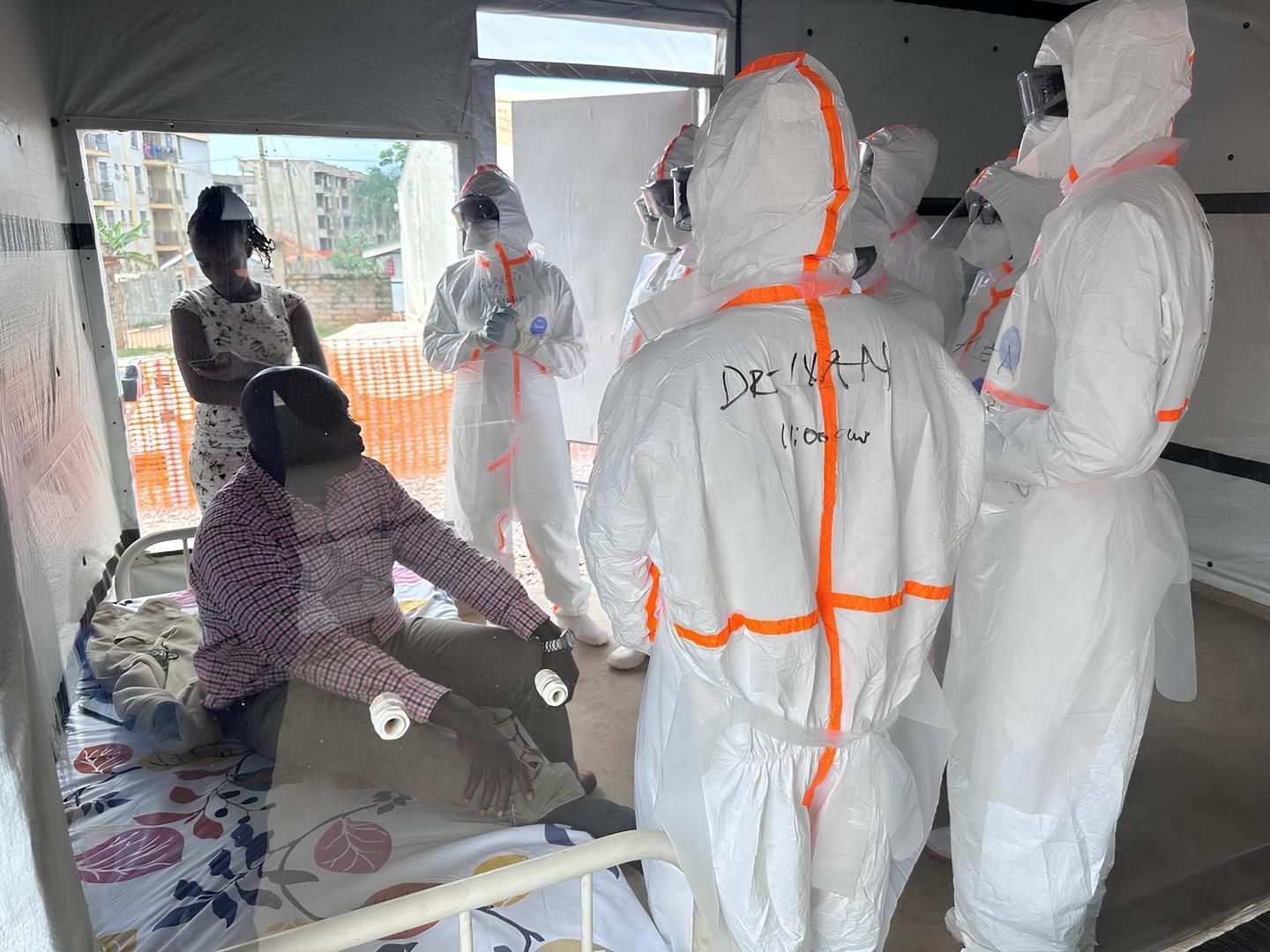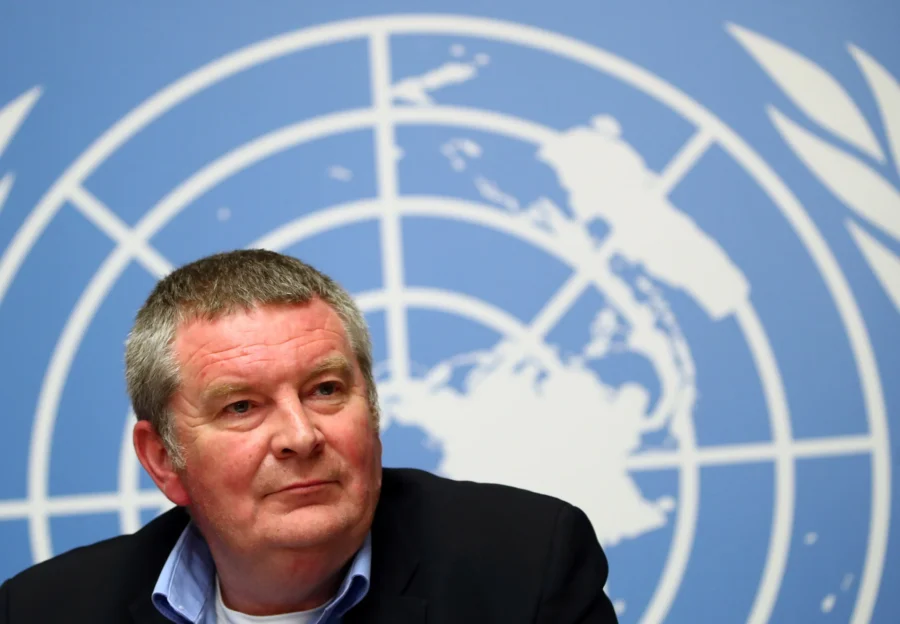Uganda has declared the end of its latest Ebola virus outbreak, less than three months after the disease was confirmed in the capital, Kampala. The announcement marks a major public health victory for the country and its partners.
The outbreak, confirmed on January 30, 2025, involved 14 cases, 12 confirmed and two probable. Four people, including two confirmed cases, lost their lives, while 10 recovered. A total of 534 contacts were monitored to prevent further spread.
Uganda’s Ministry of Health, with support from the World Health Organization (WHO) and partners, mounted a rapid response. National coordination structures were activated, response teams deployed, surveillance systems strengthened, and treatment units established. Measures at Kampala’s borders and points of entry helped prevent cross-border transmission.
The last confirmed patient was discharged on March 15, 2025. Following WHO guidelines, a 42-day countdown, twice the virus’s maximum incubation period was completed before declaring the outbreak over.
Dr. Chikwe Ihekweazu, Acting WHO Regional Director for Africa, praised Uganda’s swift response. “This outbreak challenged us in new ways. It affected both urban and rural communities and came amid global funding constraints,” he said. “Uganda’s leadership in tackling public health emergencies was evident. WHO is proud to have supported these efforts.”

The outbreak involved the Sudan virus disease (SVD) subtype, a severe, often fatal strain historically killing about 40% of those infected. No licensed vaccines or treatments exist for SVD, though clinical trials are ongoing.
Uganda launched a randomized vaccine trial within four days of confirming the outbreak, using a ring vaccination strategy to protect contacts and frontline workers. Remdesivir treatment was introduced under the Monitored Emergency Use of Unregistered and Experimental Interventions (MEURI) protocol.
WHO mobilized more than 130 experts to assist with case investigation, contact tracing, laboratory diagnostics, and patient management. Over 1,500 samples were tested under strict biosafety measures, and Emergency Medical Teams and anthropologists helped build trust, combat stigma, and promote life-saving behavioral changes.
Dr. Kasonde Mwinga, WHO Representative in Uganda, commended the country’s leadership. “Uganda’s resilience was crucial in containing this outbreak,” he said. “WHO worked closely with the Ministry of Health providing expertise, essential supplies, and ensuring every suspected case was investigated. The people of Uganda have shown extraordinary resolve.”
While the outbreak is over, vigilance remains key. The Ministry of Health with WHO and partners, will continue strengthening surveillance, survivor care and preparedness to safeguard against future outbreaks.
Uganda’s success highlights three clear lessons: early preparedness saves lives, rapid response is critical, and WHO’s support remains vital, not only for Uganda, but for global health security.




